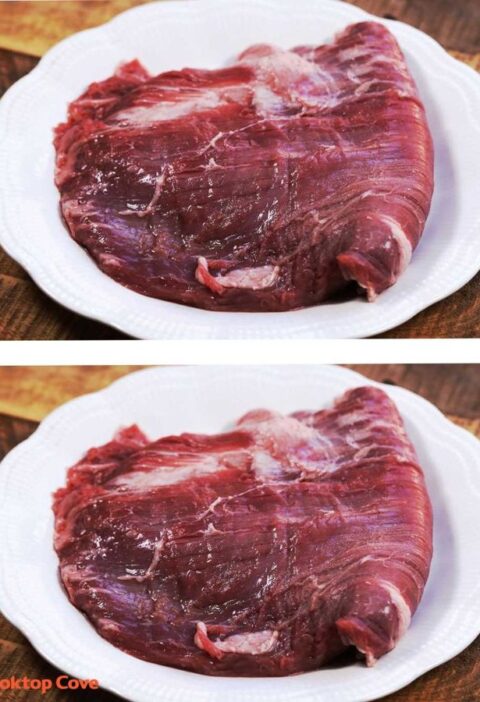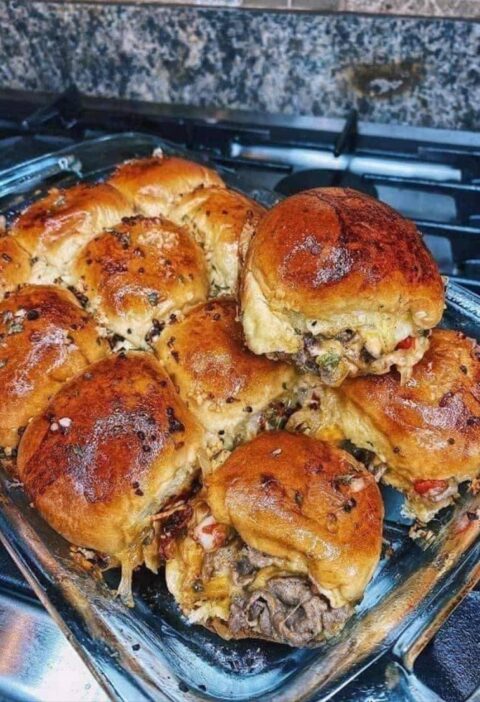When it comes to homemade confections, few treats are as irresistible as buttery, crunchy toffee coated in a layer of smooth chocolate. The image you’ve shared captures a plate of homemade toffee, broken into bite-sized pieces, each one offering a perfect combination of rich, caramelized sugar and luscious chocolate. This classic candy has been a favorite for generations, and making it at home is both a rewarding and delicious experience.
The Origins of Toffee
Toffee is a confection that dates back to at least the early 19th century, with its origins likely rooted in England. It is traditionally made by caramelizing sugar or molasses along with butter, and sometimes flour, to create a hard, brittle candy. The name “toffee” is thought to derive from the word “taffy,” a similar confection, although toffee is typically harder and more brittle.
Over the years, toffee has evolved, with various versions and flavors emerging around the world. One of the most popular variations is the English toffee, which is often topped with a layer of chocolate and sometimes sprinkled with nuts. This combination of rich, buttery toffee and smooth chocolate has made it a beloved treat, particularly during the holiday season.
The Art of Making Homemade Toffee
Making toffee at home can seem intimidating, but with a few tips and the right ingredients, it’s a simple process that yields impressive results. The basic ingredients for toffee include sugar, butter, and sometimes water or corn syrup to help control crystallization. The toffee is cooked until it reaches a specific temperature, typically around 300°F (150°C), known as the hard crack stage. This ensures that the toffee will be crisp and crunchy once it cools.
Here’s a basic recipe to guide you in making your own homemade toffee:
ADVERTISEMENT
Ingredients:
- 1 cup (2 sticks) of unsalted butter
- 1 cup of granulated sugar
- 1/4 teaspoon of salt
- 1 teaspoon of vanilla extract
- 2 cups of semi-sweet chocolate chips or chopped chocolate
- Optional: 1/2 cup of chopped nuts (such as almonds or pecans)
Instructions:
- Prepare the Pan: Line a baking sheet with parchment paper or a silicone baking mat. Set aside.
- Cook the Toffee: In a heavy-bottomed saucepan, melt the butter over medium heat. Once melted, add the sugar and salt, stirring constantly with a wooden spoon or heat-resistant spatula. As the mixture begins to heat, it will start to bubble. Continue stirring until the mixture reaches 300°F (150°C) on a candy thermometer. If you don’t have a thermometer, you can test the toffee by dropping a small amount into cold water; it should harden immediately and break easily when removed.
- Add Vanilla: Once the toffee reaches the correct temperature, remove it from the heat and stir in the vanilla extract. Be careful, as the mixture will bubble up when the vanilla is added.
- Pour the Toffee: Immediately pour the hot toffee onto the prepared baking sheet, spreading it out evenly with a spatula. Work quickly, as the toffee will begin to set as it cools.
- Add the Chocolate: After the toffee has cooled slightly but is still warm, sprinkle the chocolate chips or chopped chocolate evenly over the top. Let the chocolate sit for a minute or two to melt, then use a spatula to spread it evenly over the toffee. If you’re using nuts, sprinkle them over the melted chocolate.
- Cool and Break: Allow the toffee to cool completely at room temperature, or place it in the refrigerator to speed up the process. Once fully cooled and the chocolate has hardened, break the toffee into pieces using your hands or a knife.
- Store and Enjoy: Store the toffee in an airtight container at room temperature. It will keep for several weeks, making it a great treat to have on hand or to give as a gift.
The Joy of Homemade Toffee
There’s something incredibly satisfying about making toffee at home. The process of watching sugar and butter transform into a golden, caramelized treat is magical, and the end result is a confection that’s far superior to anything you can buy in a store. The contrast between the crunchy toffee and the smooth chocolate, often with a hint of saltiness and the added texture of nuts, makes each bite a delightful experience.
Toffee is also a versatile treat. While the classic combination of chocolate and nuts is popular, you can experiment with different flavors and toppings. Try using white chocolate or dark chocolate, or sprinkle the top with sea salt for a sweet-and-salty twist. You can also add spices like cinnamon or ginger to the toffee mixture for a warm, festive flavor.
Serving and Sharing Toffee
Homemade toffee is perfect for sharing. Whether you’re serving it at a party, giving it as a holiday gift, or simply enjoying it with a cup of coffee or tea, it’s a treat that’s sure to impress. Package it in decorative tins or jars, and it becomes a thoughtful homemade gift that’s sure to be appreciated.
ADVERTISEMENT
Toffee can also be used in a variety of desserts. Crumble it over ice cream, mix it into cookie dough, or use it as a topping for cakes and brownies. Its sweet, buttery flavor pairs well with many desserts, adding a delightful crunch and richness.
Conclusion: A Timeless Treat
The homemade toffee in the image is more than just candy; it’s a timeless treat that brings joy with every bite. Its rich, buttery flavor and satisfying crunch make it a favorite for all ages, and its versatility means there are endless ways to enjoy it. Whether you’re a seasoned candy maker or a beginner, homemade toffee is a treat that’s well worth the effort.
So, the next time you’re in the mood for something sweet and satisfying, consider making a batch of homemade toffee. It’s a simple process with a delicious payoff—a treat that’s sure to become a favorite in your household.
This article provides a detailed exploration of homemade toffee, its origins, and the joy of making and enjoying this classic candy, celebrating its place as a beloved treat for all occasions.







